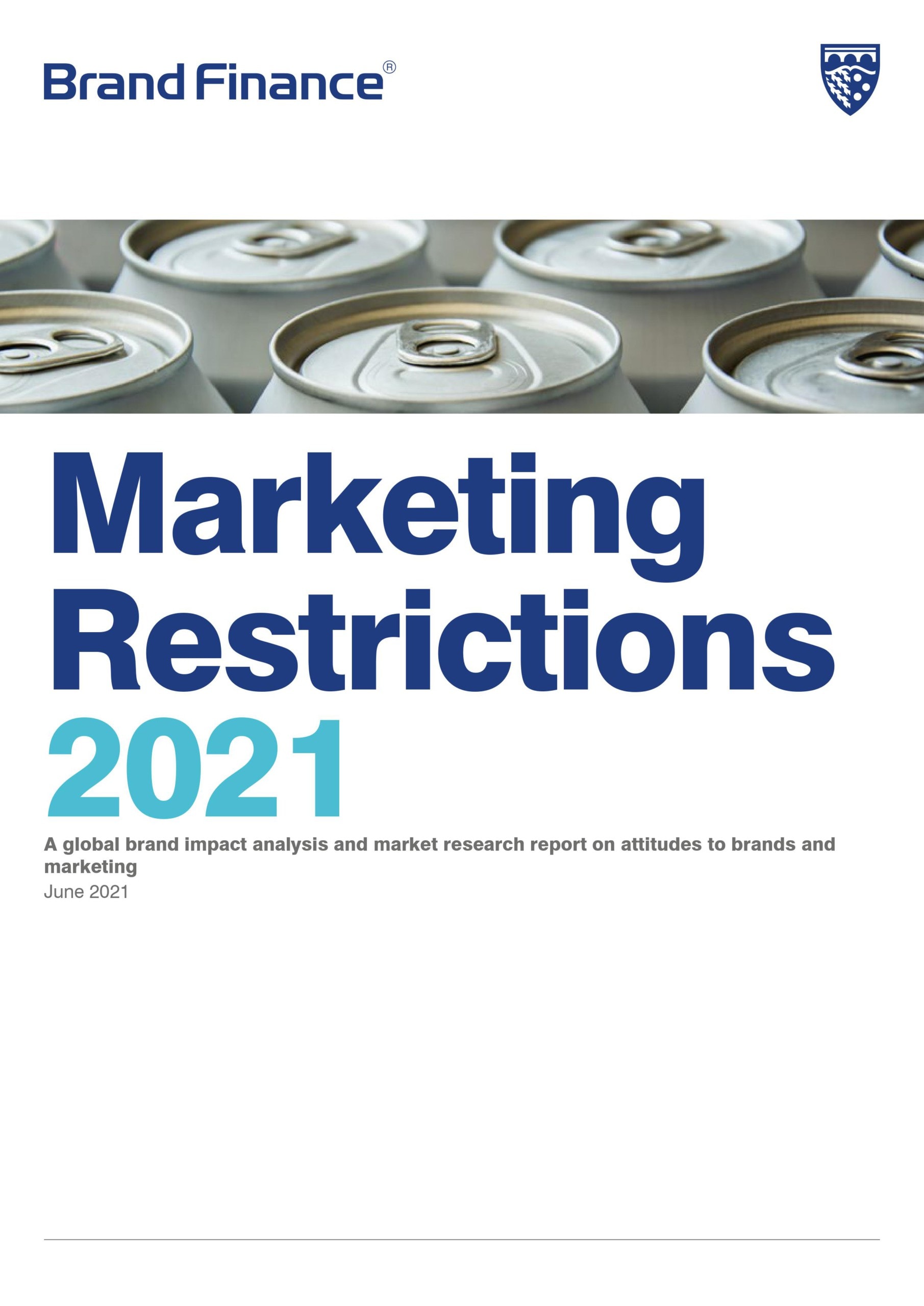Interview with Doug Place

Chief Marketing Officer,
Nando's - Africa, Middle East, South Asia
Brand owners are being restricted in terms of promoting their brands and businesses. What are your thoughts on these types of restrictions?
A lot of the restrictions that have been placed on brands come from a good place, for instance, those around environmental concerns or labour practices. These are good things – people should be paid a fair living wage and we should leave the world in a better place as a result of our brand.
So, I certainly do support the intent of a lot of these regulations and interventions. The negative side is often that these don't deliver on the promises they say they're going to deliver on. Often with these kinds of legislations, they punish everybody while not addressing the real problem. And so, the good guys suffer and the bad guys still profit, which is the total opposite of what policy makers had in mind.
We're not suggesting there should be no regulations at all, we accept – and it's very clear consumers accept – that regulations are often necessary to stop bad things from happening and to encourage positive actions. Are there any specific issues Nando’s finds concerning in this respect?
To give another example, we recently had an interesting conversation with a packaging supplier about how moving from plastic bottles to glass in certain situations is worse for the environment because the energy consumption required to manufacture glass and recycle it is far more than recycling plastic. So, on the surface of things, we should ban plastics and for good reason, and there is a strong global narrative promoting environmental sustainability. However, it's a lot more complicated than people realise. We reduced our plastic footprint by about 4,000 tonnes in the last 18 months, mostly through our back of house supply chain. So, it's not something a consumer would ever see. While removing plastic drinking straws is a tiny but highly powerful symbol, it doesn't necessarily solve the plastic challenge.
Through operating on a global scale, do you face the challenge of differing restrictions across various markets?
A very pressing example is our market in the Middle East. We can't make changes to pricing on our menu without government approval in many cases and that can take six months to a year. If you have a situation like we have now – i.e. inflation borne on the back of a global pandemic or collapsing oil prices – there's very little we can do to help our franchise partners through menu pricing. So, while this regulation was born out of wanting to protect the consumer from greedy price inflation, it isn't effective in protecting our business model from macro shocks. Ironically, if we had free market in these regions, prices should self-regulate.

